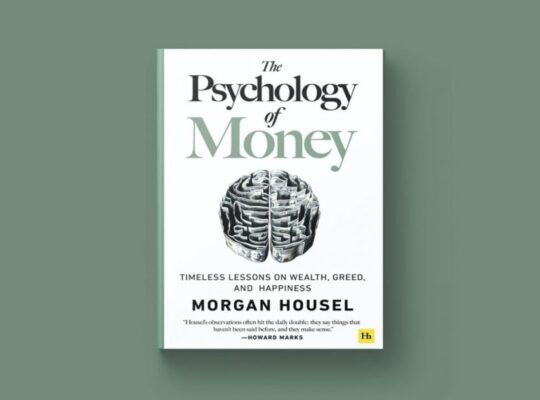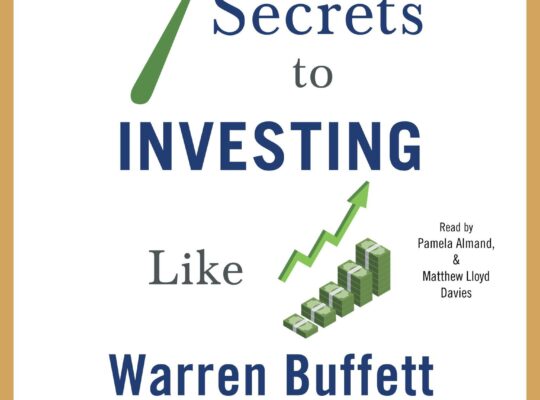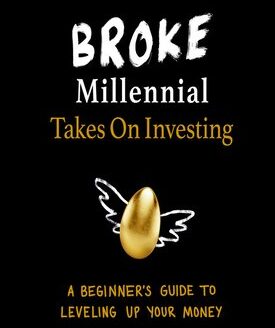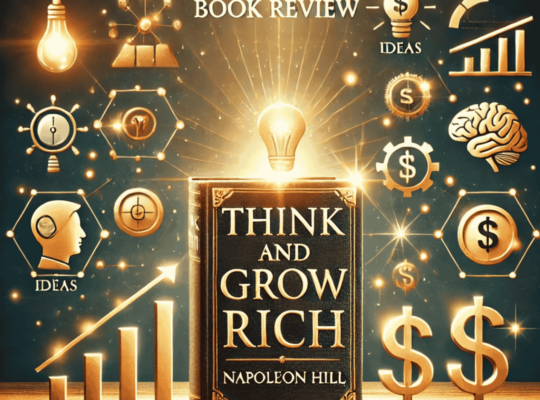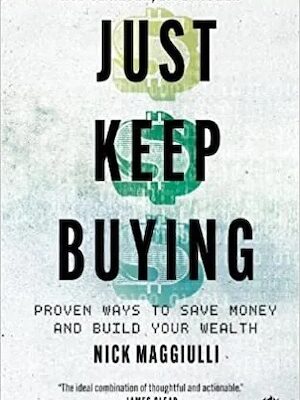
Have you ever wondered why some people seem to master the art of wealth while others struggle to make ends meet? What sets them apart? “The Richest Man in Babylon” by George S. Clason offers profound answers to these questions through timeless financial principles wrapped in engaging parables set in ancient Babylon.
Clason’s work transcends eras, delivering practical advice that is as relevant today as it was when first published in 1926. This book is more than a guide—it’s a roadmap to financial freedom and lasting prosperity. Let’s dive deep into its teachings.
Table of Contents
About the Author
George S. Clason was a prominent American businessman and author who pioneered the use of parables to teach financial literacy. His ability to weave complex financial concepts into simple, relatable stories has made “The Richest Man in Babylon” a cornerstone of personal finance literature.
Through his work, Clason emphasizes that wealth is not reserved for the privileged few—it’s attainable for anyone willing to adopt the right mindset and habits. Let us dive into this book review.
Introduction to the World of Ancient Babylon
The book opens in the prosperous city of Babylon, a cradle of civilization known for its grandeur, wealth, and wisdom. Among its citizens was Arkad, the richest man in the city. His wealth wasn’t inherited or stumbled upon—it was carefully built through discipline, knowledge, and smart decision-making.
Arkad’s friends, struggling to make ends meet despite working hard, approached him for guidance. To their surprise, Arkad revealed a simple yet profound secret:
“A part of all you earn is yours to keep.”
This single sentence became the foundation of his wealth. Arkad didn’t just save; he learned how to make his money work for him, multiplying it over time. This principle, alongside other lessons shared through the book’s parables, forms a comprehensive blueprint for financial success.
Key Lessons from The Richest Man in Babylon
1. Prioritize Paying Yourself First – The Cornerstone of Building Wealth

Arkad’s advice to save a portion of your income before spending it is the cornerstone of wealth creation. By setting aside at least 10% of what you earn, you build a habit of saving that serves as the foundation for future investments.
- Why This Works: Saving first ensures that you prioritize your financial health over unnecessary expenses. It also creates a buffer for emergencies and opportunities.
- How to Apply It Today: Automate your savings by setting up a recurring transfer to a separate account. Start with 10% and increase as your financial situation improves.
2. Live Below Your Means – The Power of Discipline
The road to wealth requires sacrifices, especially in curbing unnecessary expenses. Living within your means doesn’t mean deprivation; it means being intentional about how you spend your money.
- Practical Tips:
- Identify and cut back on small luxuries that don’t add significant value to your life.
- Create a budget to track your spending and allocate funds for necessities, savings, and investments.
3. The Importance of Wise Investments
Saving is only the beginning. To grow your wealth, you need to invest your savings wisely. Arkad emphasizes that idle money loses value, while invested money grows.
- Where to Start:
- Low-Risk Investments: Government bonds or high-yield savings accounts.
- Moderate to High-Risk Options: Stocks, mutual funds, or real estate for potentially higher returns.
- Key Advice: Always seek guidance from experts and avoid investments you don’t understand. Trust only those who have proven expertise in managing money.
4. The Role of Financial Literacy
One of the book’s most profound lessons is the importance of financial education. Many people fail to achieve financial success simply because they don’t understand basic principles like compound interest or risk management.
- Learn Continuously:
- Read books, attend seminars, and follow trusted financial advisors.
- Practice applying what you learn to small investments before scaling up.
- Example:
Understanding compound interest—the phenomenon where interest earns interest—can transform how you view saving and investing. A Rs. 10,000 investment at a 7% annual return grows to nearly Rs. 20,000 in 10 years without additional contributions.
5. Wealth Building Is a Marathon, Not a Sprint

While many dream of overnight riches, the truth is that wealth accumulation is a slow and steady process. Arkad’s journey was no different—it involved years of disciplined saving, careful investing, and learning from mistakes.
- Why Patience Matters: Markets fluctuate, and setbacks are inevitable. Consistent efforts build momentum over time, ultimately leading to substantial outcomes.
- Stay the Course:
- Set long-term financial goals and break them into manageable steps.
- Celebrate small wins to stay motivated.
6. Let Money Work for You
Arkad draws a clear distinction between making money and building wealth. While making money involves trading your time for income, building wealth means creating systems where your money generates passive income.
- How to Achieve This:
- Invest in assets that appreciate over time, such as real estate or dividend-paying stocks.
- Reinvest earnings to accelerate growth through the power of compounding.
7. Opportunity and Luck – The Art of Seizing the Moment
Arkad believes that luck isn’t random; it’s created through preparation and action. Opportunities are abundant, but they require vigilance and decisiveness.
- Be Proactive:
- Stay informed about trends in industries that interest you.
- Build a network of like-minded individuals who can share insights and opportunities.
- Don’t Procrastinate: Delayed action often results in missed opportunities. When you identify a promising venture, act promptly after due diligence.
8. Avoid Debt Like the Plague

Debt, particularly for non-essential luxuries, is one of the biggest obstacles to building wealth. The book strongly advises against borrowing money to fund a lifestyle beyond your means.
- The Danger of Debt:
- High-interest loans can trap you in a cycle of repayments, leaving little room for saving or investing.
- Debt often leads to financial instability and stress.
- What to Do Instead:
- Save for big purchases rather than financing them.
- Use credit only when absolutely necessary and ensure you can repay it quickly.
Practical Applications of These Lessons Today
- Automate Your Savings: Set up direct deposits into a savings or investment account before you can spend your paycheck.
- Learn the Basics of Investing: Many platforms nowadays make investing easy to learn. (Time for some self-promotion. You can also follow my Linkedin page for more insightful information on the topics related to personal finance, investments, money management, debt management etc. Do check out).
- Track Your Progress: Use apps to monitor your spending, savings, and investment growth.
- Educate Yourself Continuously: Financial literacy is a lifelong journey. Commit to learning a little every day.
Final Thoughts: Building Wealth like the ‘Richest Man in Babylon‘
“The Richest Man in Babylon” isn’t just a book—it’s a guide to transforming your financial habits and mindset. The timeless principles it shares are simple yet profound:
- Save first, spend later.
- Invest wisely to let your money work for you.
- Live below your means and avoid debt.
- Seize opportunities through preparation and decisiveness.
By adopting these lessons, you can create a life of financial freedom and security. Keep in mind, building wealth is a continuous journey, not a final destination. Start small, stay consistent, and let the wisdom of ancient Babylon guide you to modern prosperity.
Do check out my other article on the book review of the famous book “7 Secrets to Investing like Warren Buffett”, written by Mary Buffett and Sean Seah.
